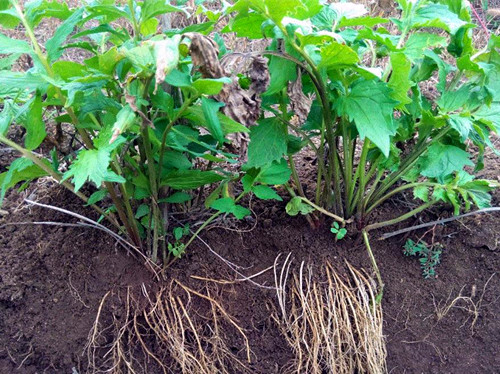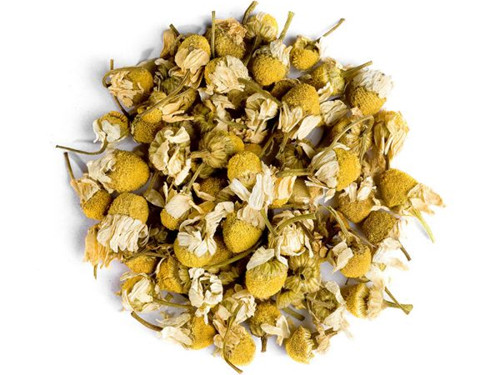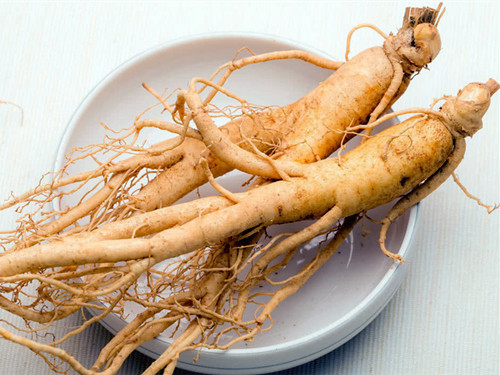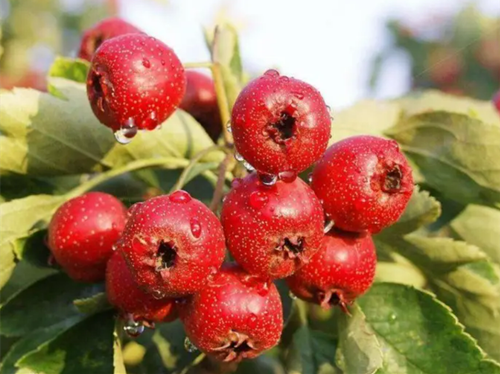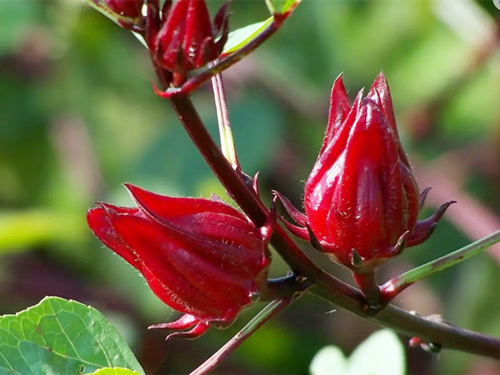If you suffer from high blood pressure and are looking for a natural remedy to lower your pressure, you might be interested in trying out an herbal tea. There are many herbs available for high blood pressure and some have been shown to reduce the symptoms of high blood pressure. Learn about the properties of Valerian root, Chamomile, Oolong tea, Hawthorn and Ginseng, these herbal remedies can help you control your blood pressure and improve your health.
Valerian root
Valerian root herb tea for high blood pressure has several health benefits. According to some studies, valerian root lowers blood pressure and eases spasms. This herb also decreases blood pressure in menopause, a natural process during which a woman stops having periods and no longer conceives. While the effects of valerian are not fully understood, it may be helpful for other ailments, including high blood pressure.
Because the herb decreases anxiety, it may be an appropriate treatment for hypertension. A study published in the American Family Physician journal noted that valerian root extract reduced blood pressure in patients with hypertension. However, some research is still needed. One study found that valerian root supplement can help reduce blood pressure naturally, taking valerian extract for six months reduced blood pressure in men with hypertension by up to 8.5 points.
Chamomile
Some people are turning to chamomile herb tea for high blood pressure as a means to manage their hypertension. It is caffeine-free, contains a pleasant aroma, and is a popular choice for people with high blood pressure. While chamomile tea directly lowers blood pressure, it may also indirectly help people with hypertension because it is good for sleep. People taking chamomile should discuss the risks and benefits with their doctor or a health care provider trained in herbal supplements. There is also the possibility that chamomile may interact with certain medications or vitamins. Therefore, it is important to follow all instructions carefully.
Some research shows that chamomile increases the levels of a compound called hippurate, which has antibacterial properties. However, this compound may interact with some diabetes medications. It may also cause an increase in the risk of hypoglycemia. Similarly, chamomile tea may boost the immune system and ward off harmful germs. While the immune system may benefit from chamomile tea, a health expert cautions against its ability to boost the immune system. More studies are needed to verify this claim. While chamomile tea has many benefits for the body, it is not a cure-all for high blood pressure or other ailments.
Ginseng
There is some evidence to support the use of Korean red ginseng in people with hypertension. This herb’s vasodilatory action helps blood vessels dilate and therefore reduces blood pressure. However, more studies are needed to confirm the efficacy of ginseng herb tea in treating hypertension. In the meantime, you can try drinking the tea for a few minutes a day to maintain a healthy blood pressure.
The effectiveness of this tea is based on the fact that ginseng reduces the blood pressure by facilitating biochemical processes that regulate it. Its relaxing effects on blood vessels also prevent hypertrophy of their walls. However, it is important to consult your doctor before drinking ginseng. Although the herb has positive effects on blood pressure, it should never replace a doctor’s advice. For best results, drink a cup of tea once or twice daily.
Oolong tea
There are plenty of benefits to drinking Oolong tea for high blood pressure. The tea contains about 4,000 chemicals, including flavonoids. Flavonoids are known to protect the body from cardiovascular disease, stroke, and kidney failure. They are also good for the skin, and can help with reducing high blood pressure. Moreover, studies have shown that people who regularly drink Oolong tea have lower levels of cholesterol and a reduced risk of heart disease.
One of them is the fact that it contains less caffeine than coffee. Caffeine is a known stimulant for high blood pressure, so drinking Oolong tea instead of coffee is likely to have little effect on it. Moreover, caffeine is not the only nutrient that Oolong tea contains.
Hawthorn
The Hawthorn herb is another popular herbal remedy for high blood pressure. Hawthorn is an herb for high blood pressure and has been used in traditional Chinese medicine for thousands of years in Asia and Europe. In rodent studies, hawthorn extract appears to have a number of cardiovascular health benefits, including helping to lower blood pressure, prevent hardening of the arteries and lower cholesterol. Although it has the potential to interfere with standard treatment, it has not been found to cause any side effects. Hawthorn works by dilating blood vessels by inhibiting the enzyme ACE. It also works as a mild diuretic. If you are looking for an herbal remedy for high blood pressure, you should consult your health care provider.
Roselle
Roselle is a traditional Tunisian herbal remedy for hypertension that has been shown to reduce blood pressure. It has similar properties to angiotensin-converting enzyme inhibitors, which are commonly prescribed to treat high blood pressure. By inhibiting the activity of this enzyme, the blood volume is reduced, which lowers blood pressure. Because of its diuretic properties, roselle is typically taken as a tea and added to hot water before consumption.
- Dandelion Extract: What It Is, Benefits, Uses and Side Effect - April 23, 2024
- Is Berberine Extract Help For Weight Loss? - April 11, 2024
- Why Is Pysllium Husk Powder A Popular Meal Replacement Ingredient? - April 3, 2024

